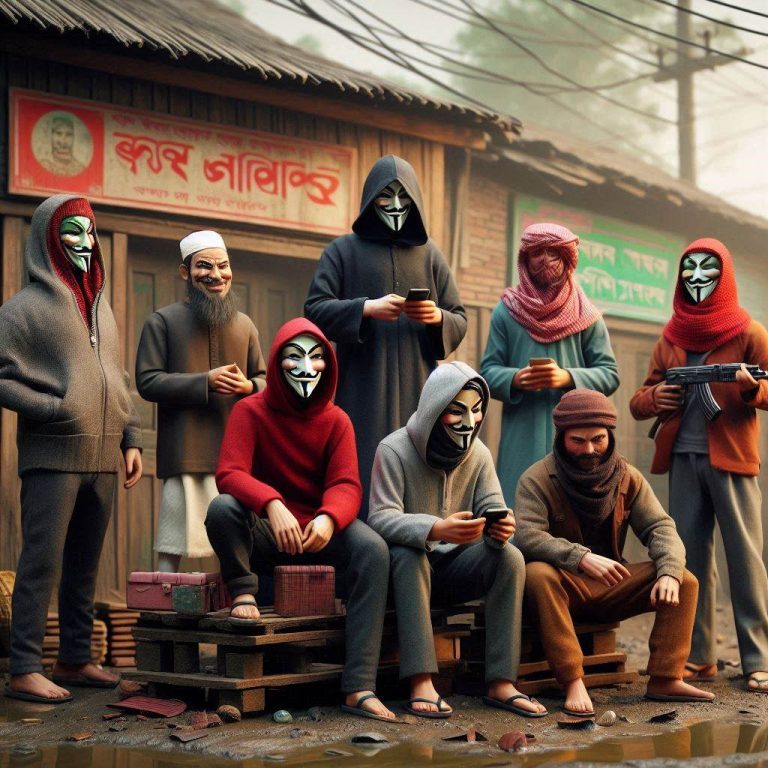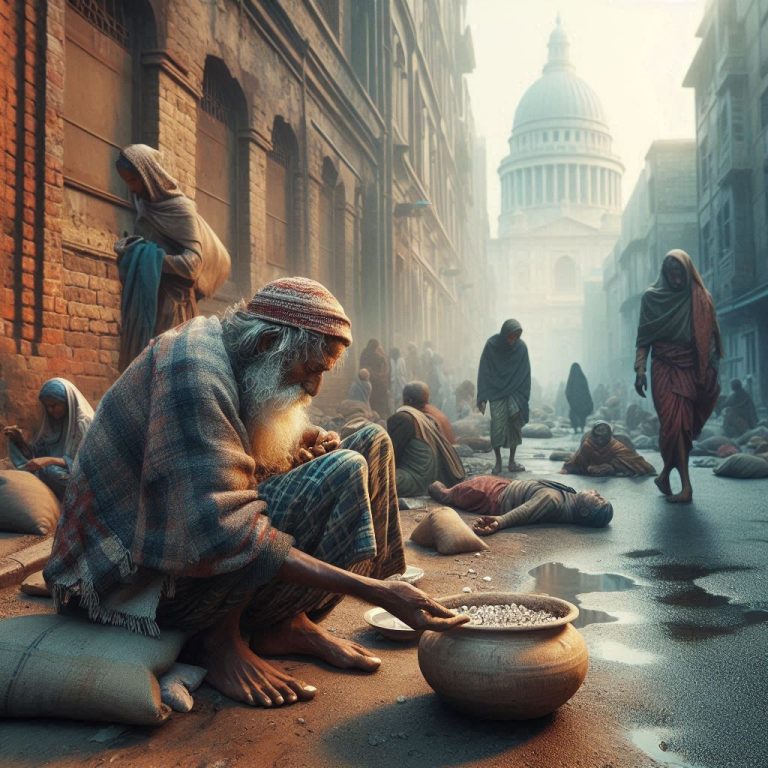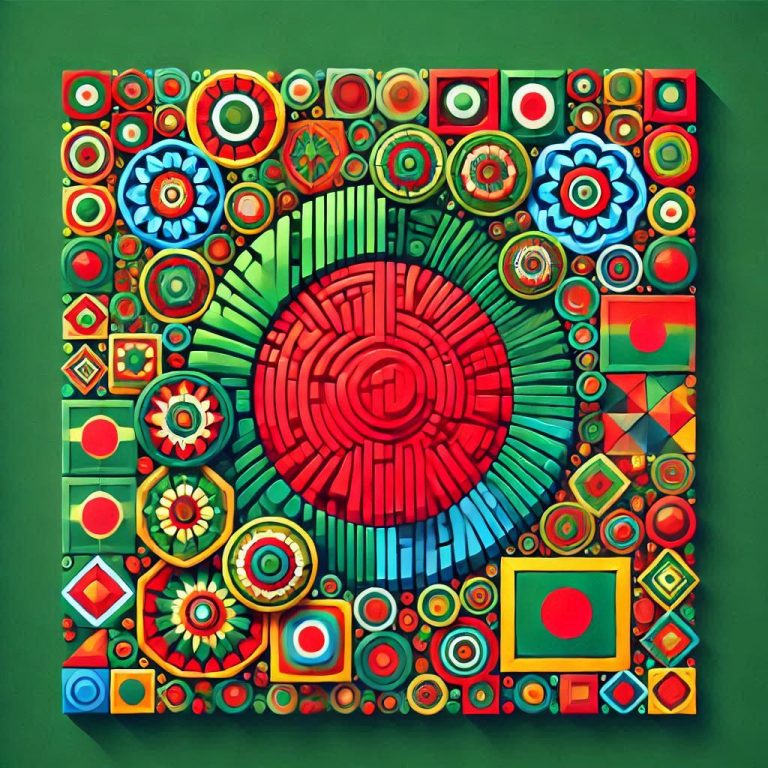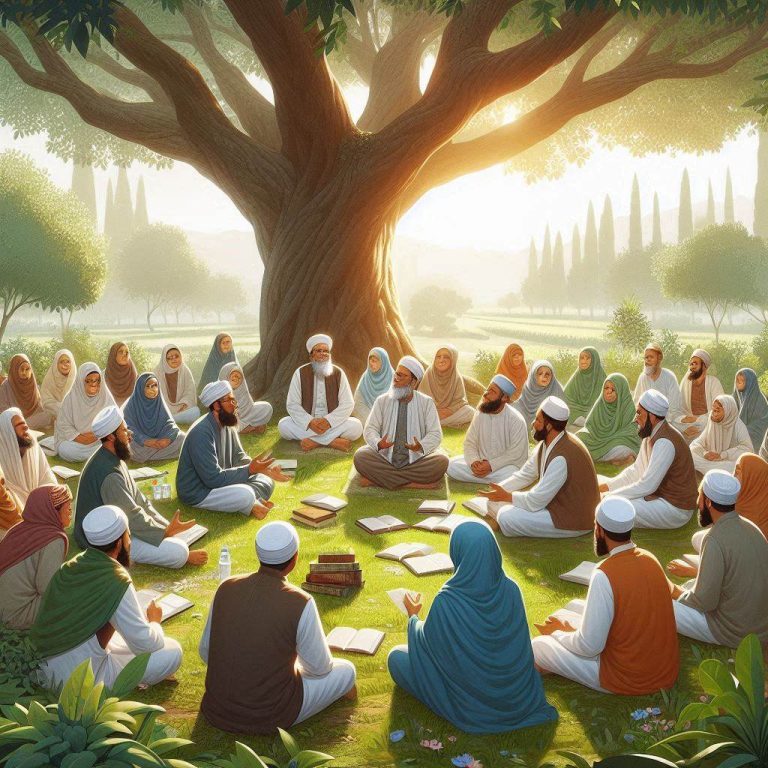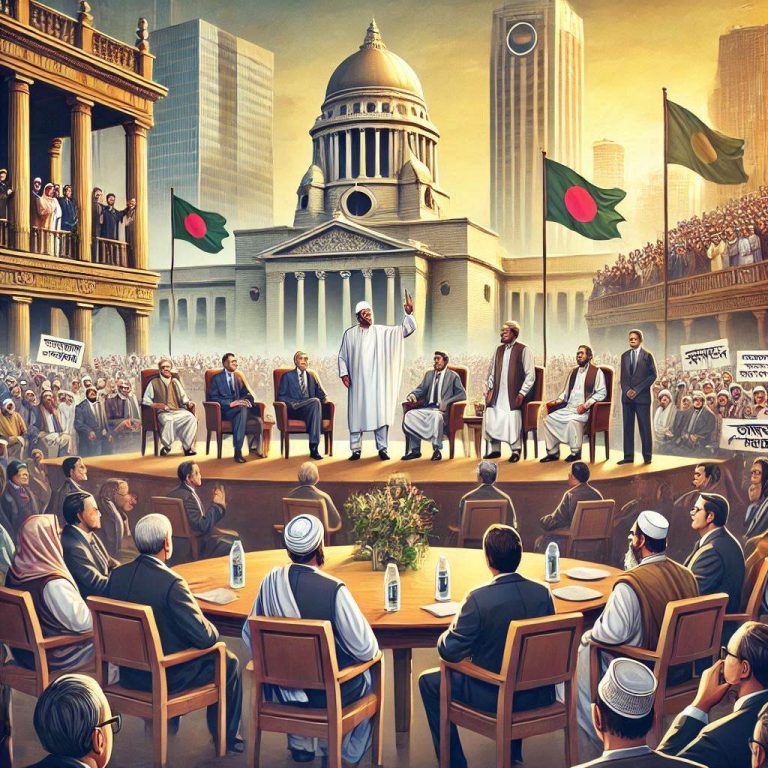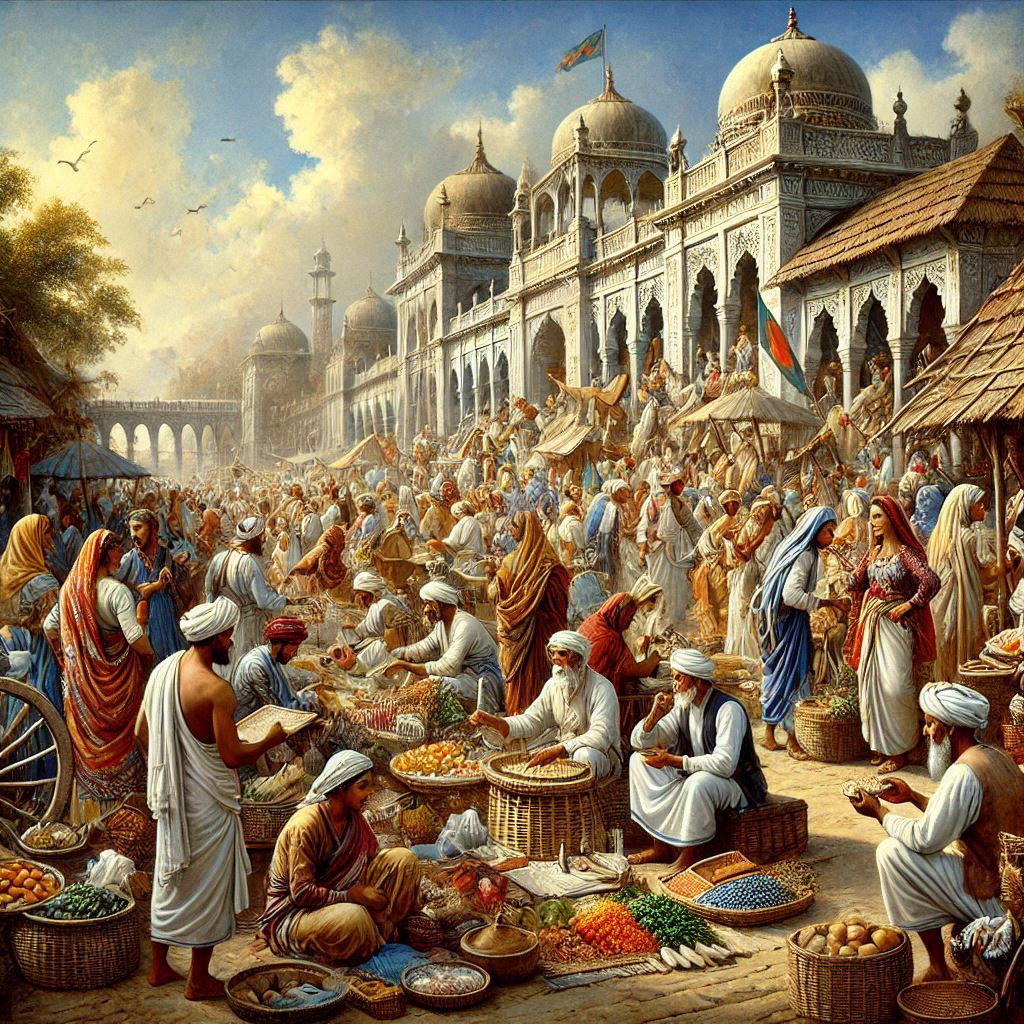
Introduction.
Sunni Islam, the largest branch of Islam, is at the heart of the religious and cultural identity of Bangladesh. With the majority of Bangladeshi Muslims being Sunni and predominantly adhering to the Hanafi school of thought, their traditions and practices are deeply woven into the nation’s historical, cultural, and social fabric. From daily rituals to significant religious festivals, these traditions exemplify the spiritual devotion and communal harmony of the Sunni Muslim community. This article explores the beliefs, practices, and cultural heritage of Sunni Muslims in Bangladesh, illuminating how their traditions shape the country’s social landscape.
Beliefs and Practices.
Sunni Muslims in Bangladesh, like Sunnis around the world, follow the Five Pillars of Islam, which are the cornerstone of their faith:
Shahada (Faith): The declaration of faith, affirming the oneness of Allah and Muhammad as His prophet.
Salat (Prayer): Performing the five daily prayers at specified times, which are central to Sunni Muslim life.
Zakat (Almsgiving): Giving a portion of one’s wealth to those in need, highlighting social responsibility and community support.
Sawm (Fasting): Observing the fast during Ramadan, abstaining from food, drink, and other physical needs from dawn to sunset.
Hajj (Pilgrimage): Undertaking the pilgrimage to Mecca at least once in a lifetime, if financially and physically able.
In addition to these pillars, Sunni Muslims in Bangladesh engage in various religious activities and practices that reinforce their faith and strengthen community bonds.
Daily Rituals and Devotional Practices.
Daily rituals are integral to the lives of Sunni Muslims in Bangladesh. The call to prayer (adhan) resonates through neighborhoods, signaling the time for the five daily prayers (salat), often performed in congregational settings at local mosques. The Friday (Jumu’ah) prayers are particularly significant, bringing the community together for a weekly sermon and collective worship.
Quranic recitation is a common practice, with many families dedicating time to read and reflect on its teachings. Additionally, religious study circles (halaqa) and Islamic educational institutions (madrasas) offer opportunities for deeper understanding and spiritual growth.
Festivals and Celebrations.
Religious festivals and celebrations are vital aspects of Sunni Muslim culture in Bangladesh. Some of the most important events include:
Eid al-Fitr: Celebrating the end of Ramadan, Eid al-Fitr begins with a special prayer service at mosques or open fields (Eidgah). Families and friends gather to share meals, exchange gifts, and engage in acts of charity.
Eid al-Adha: Known as the “Festival of Sacrifice,” Eid al-Adha commemorates Prophet Ibrahim’s (Abraham’s) willingness to sacrifice his son in obedience to Allah. The festival involves the ritual sacrifice of animals (usually goats, cows, or sheep), with the meat distributed among family, friends, and those in need.
Cultural Heritage and Social Practices.
Sunni Muslims in Bangladesh have a vibrant cultural heritage that merges Islamic traditions with local customs. This blend is evident in various aspects of daily life, including clothing, cuisine, and social interactions.
Traditional attire often reflects Islamic modesty, with men wearing panjabi (kurtas) and lungi (sarongs) for daily wear, and women donning sarees or shalwar kameez along with hijabs or dupattas. During religious festivals, more elaborate and colorful garments are worn to mark the occasion.
Cuisine is an essential aspect of cultural expression, with dishes such as biryani, pulao, and kebabs being staples at festive gatherings. The practice of communal eating, where large platters are shared among family and friends, reinforces values of unity and togetherness.
Social practices, such as the extended family system and community gatherings, highlight the importance of maintaining strong family bonds and mutual support. Weddings, funerals, and other life events are marked by large gatherings, where religious rituals and cultural customs are observed.
Summary.
The Sunni Muslim community in Bangladesh, with its rich traditions and cultural heritage, plays a central role in shaping the nation’s identity. Adhering to the Five Pillars of Islam, engaging in daily rituals, and celebrating religious festivals, Sunni Muslims maintain a deep spiritual connection and strong communal bonds. Their vibrant cultural practices, which blend Islamic traditions with local customs, reflect the unique and dynamic nature of Bangladeshi society. Through their beliefs, practices, and social interactions, Sunni Muslims contribute to the rich tapestry of Bangladesh’s religious and cultural landscape, fostering a sense of unity, harmony, and shared values.
